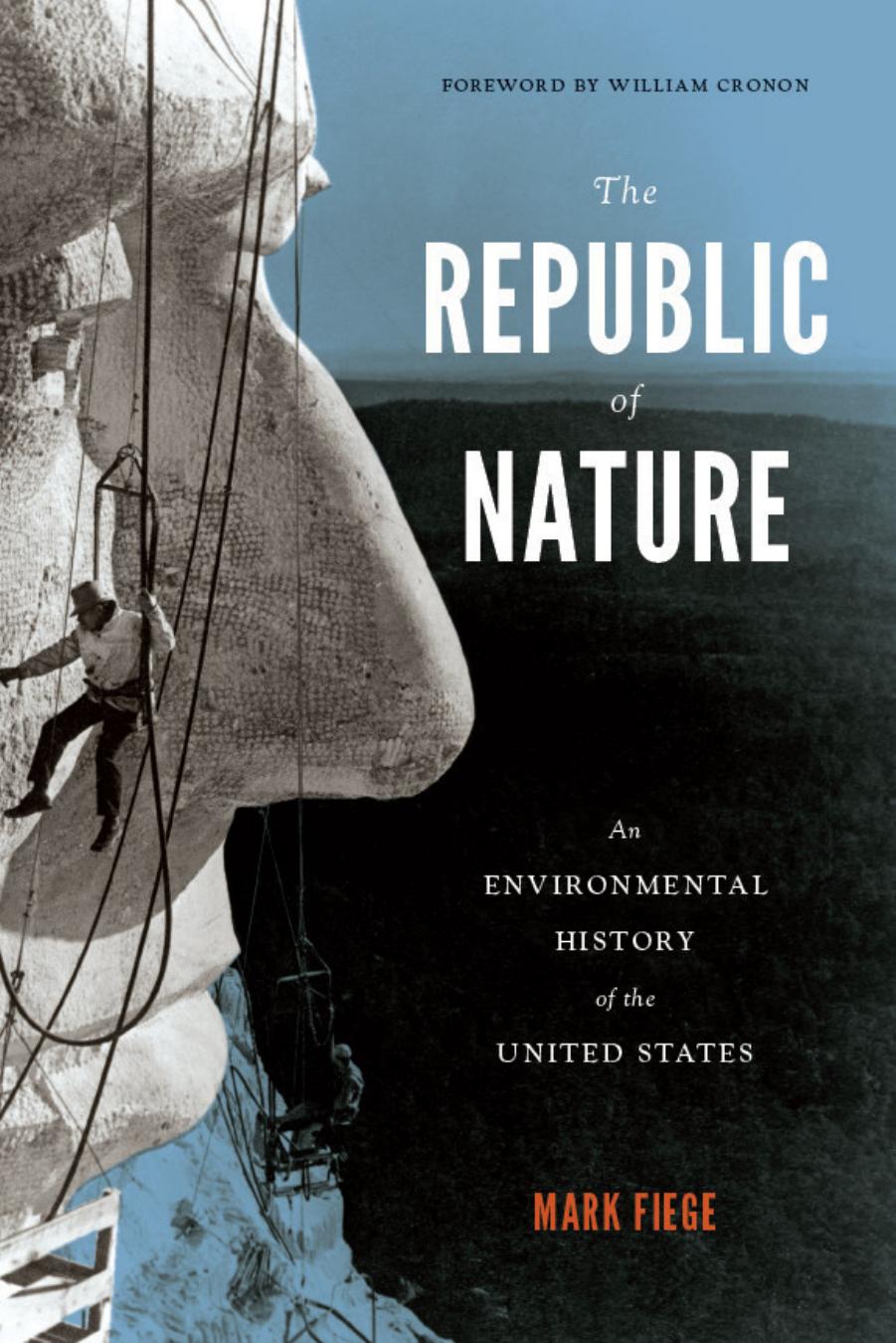The Republic of Nature: An Environmental History of the United States by Mark Fiege

Author:Mark Fiege [Fiege, Mark]
Language: eng
Format: epub, pdf
ISBN: 9780295991672
Google: kQ_wdBDAgDsC
Amazon: 0295993294
Published: 2012-06-15T07:14:11+00:00
AN ORGANIC NECESSITY
At the heart of every war lies deep moral ambiguity, an inherently tragic condition that permanently alters the lives of the people ensnared in it. The atomic scientists' tragedy is clearest when viewed from the perspective of natural history, from the pine grove where Mici Teller and her friends, babies cradled in their arms, stopped the bulldozer. The men and women of Los Alamos were good, not evil, and they built the bomb not in spite of their goodness but because of it. Precisely because they were goodâprecisely because they loved life, loved each other, loved children, loved mountains and atoms and pine treesâthey found the means to create the esoteric knowledge without which the bomb could not have been born. The greatest killing machine in history was the product of all that was good, beautiful, and true, including the innocent curiosity that Rachel Carson called the sense of wonder.
It was no mere accident, furthermore, that Germany failed to produce the bomb while Britain and the United States succeeded. Authoritarianism and racism crippled German science and stopped its bomb project cold.122 In contrast, the relative openness, toleration, and democracy of British and American science favored the Allied cause. Eccentrics, immigrants, Jews, and the unorthodox flourished at Los Alamos. General Groves might not have liked most of those people, but he put up with them, and some of them he actually admired. There can be no doubt, then, that the liberal conventions of Anglo American science, including a love of nature, made the bomb likely. That Little Boy and Fat Man were so horribly destructive in no way detracted from this great truth. The ultimate atomic paradoxâand the ultimate atomic tragedyâwas that good and bad, delight and terror, required and produced one another.
Oppenheimer wrestled with this atomic dilemma before his resignation from Los Alamos and his return to the University of California at Berkeley. On a November evening in 1945, he addressed some five hundred members of the newly formed Association of Los Alamos Scientists, an organization intended to educate the public and influence the politics of the atomic age. They had built the bomb, he told his colleagues, âbecause it was an organic necessity,â because no clear line separated the pursuit of knowledge from its application. His use of the word organic all but stated his conviction that the quest to know and the quest to create were, quite naturally, intrinsic to one another. A scientist, he said, believes that âit is good to learn,â âgood to find out how the world works,â âgood to find out what the realities are,â and âgood to turn over to mankind at large the greatest possible power to control the world and to deal with it according to its lights and values.â His analysis was not an evasion, not an attempt to naturalize the scientific method as a way of exempting its practitioners from moral responsibility. To be a scientist, he told them, means that you must bring knowledge to the world âand the power which this gives,â and you must be âwilling to take the consequences.
Download
The Republic of Nature: An Environmental History of the United States by Mark Fiege.pdf
This site does not store any files on its server. We only index and link to content provided by other sites. Please contact the content providers to delete copyright contents if any and email us, we'll remove relevant links or contents immediately.
| Anthropology | Archaeology |
| Philosophy | Politics & Government |
| Social Sciences | Sociology |
| Women's Studies |
The Leavers by Lisa Ko(6473)
Born to Run: by Christopher McDougall(6262)
iGen by Jean M. Twenge(4702)
Sapiens by Yuval Noah Harari(4537)
The Kite Runner by Khaled Hosseini(4436)
Spare by Prince Harry The Duke of Sussex(4198)
Bullshit Jobs by David Graeber(3180)
Livewired by David Eagleman(3123)
Goodbye Paradise(2964)
Never by Ken Follett(2881)
A Dictionary of Sociology by Unknown(2518)
Harry Potter 4 - Harry Potter and The Goblet of Fire by J.K.Rowling(2416)
The Club by A.L. Brooks(2360)
People of the Earth: An Introduction to World Prehistory by Dr. Brian Fagan & Nadia Durrani(2346)
The Social Psychology of Inequality by Unknown(2311)
Machine Learning at Scale with H2O by Gregory Keys | David Whiting(2292)
Harry Potter and the Order of the Phoenix (5) by J.K. Rowling(2227)
0041152001443424520 .pdf by Unknown(2220)
Don't Sleep, There Are Snakes by Daniel L. Everett(2217)
